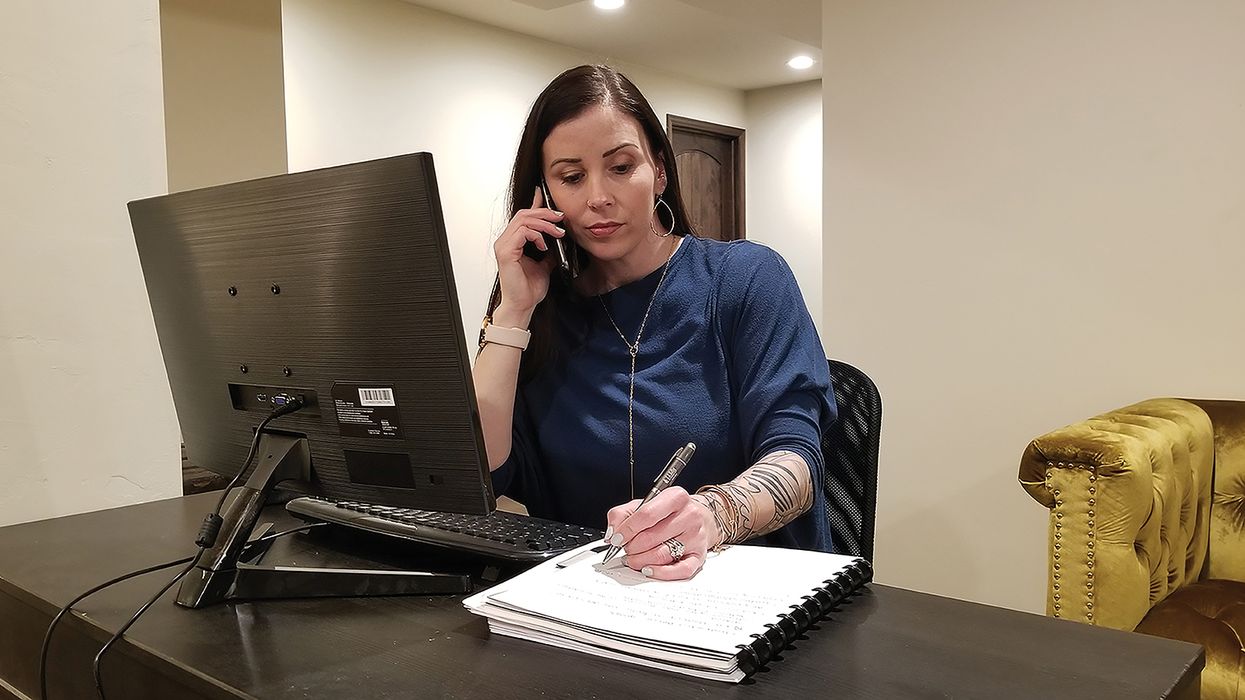You’re on notice - Of the need for FMLA leave
What do all these situations have in common:
- Joe Employee gives his supervisor a doctor’s note indicating that Joe needs a few days off because of an illness.
- While at work, Carly Coworker gets a call that her mother has been in a serious car accident and is in the hospital, so she asks to leave.
- Wanda Worker dropped a large box of bolts on her hand during work and needs about a week off to recover.
All these situations involve an employee putting the employer on notice of the need for leave for purposes of the federal Family and Medical Leave Act (FMLA).
Whether the reason for each leave qualifies under the law is yet unknown. Neither employer nor employee knows whether the employee or the family member has an FMLA-qualifying serious health condition.
At this point in time, however, that doesn’t matter. The employee has provided notice, and the employer needs to respond.
What constitutes notice?
Under the FMLA, employer obligations begin when an employee gives notice of the need for leave, but employees don’t need to assert their FMLA rights, or even mention the FMLA to trigger those obligations.
Nor do employees need to indicate — at least at this point in time — whether they (or a family member) have a condition that meets the FMLA’s definition of a serious health condition. That comes later. The employee is, however, to provide enough information for the employer to determine whether the FMLA might apply to the leave request.
Enough information
The information should include the reasons that qualify for FMLA leave, such as if:
- The employee is unable to perform the job because of a medical condition,
- A family member is unable to or engage is normal activities because of a medical condition,
- The employee needs to care for a family member with a medical condition,
- The employee or a spouse is pregnant,
- The employee wants time off to bond with a new child, or
- An employee’s family member is in the military.
The employee should also say when the leave is to begin and how long it will last.
If, on the other hand, an employee simply asks for vacation or calls in sick with no more information, that is not notice of the need for FMLA leave.
If employers need more information, they should obtain it through informal means. If, for example, Joe Employee calls in sick saying he expects to be out for the entire week, the employer may ask if he’s received treatment for the condition.
Responding to a notice
When an employee puts the employer on notice of the need for leave, the employer has five business days to get the employee an eligibility/rights & responsibilities notice. The employer may also include a certification form for the employee to have completed and returned.
The certification should indicate whether the employee or family member has an FMLA-qualifying serious health condition or an issue regarding a family member’s military duty is involved.
Key to remember: Don’t expect employees to specifically ask for FMLA leave or tell you whether they have an FMLA serious health condition. When an employee asks for time off for a reason that might qualify for FMLA protections, start walking down the FMLA path. This might include asking a few questions before giving the employee FMLA paperwork.























































